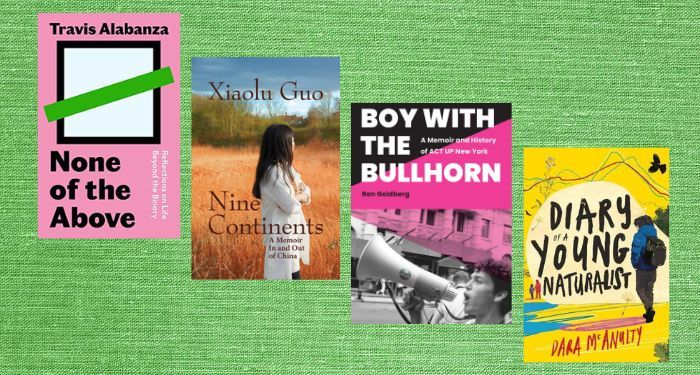I’m back with another list of award-winning books you’ve probably never heard of! This time, we’re talking memoirs. Since I started making these lists, I’ve become fascinated by the whole culture surrounding literary awards and especially how we talk about those awards. There are some high-profile awards, like the National Book Awards, the Booker Prize, and the Pulitzer, where the winners and finalists of these mega prizes seem to get a lot of attention and recognition. But as soon as you start to dig a little deeper (and you can dig very deep — there are so many prizes!) it’s apparent that the vast majority of award-winning books don’t actually get that much recognition.
The books on this list have from 20 to 3,000 ratings on Goodreads, with most of them falling in the low hundreds. Three thousand may sound like a lot at first — but compare it to the number of ratings this year’s Pulitzer Prize winner, Demon Copperhead, has (132k) and suddenly it seems like a tiny number. All of which is simply to say: the world of book awards is vast and there is so much to it beyond the big awards that everyone’s heard of. There are so many great books out there that have been recognized by literary organizations, panels of authors, and critics, but that lots of readers have still never heard of.
So let’s fix it, one list at a time. These memoirs will take you from Nigeria to China to the UK. They’re about science, gender, immigration, illness, family legacies, and so much more.
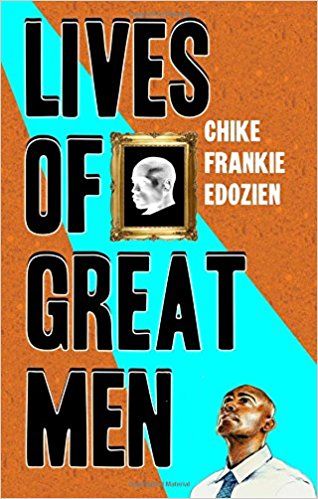
Lives of Great Men by Chike Frankie Edozien (2017 Lambda Award for Gay Memoir/Biography)
This is my favorite kind of queer memoir: it’s a collection of stories, both personal and community-oriented. Nigerian journalist Chike Frankie shares his own experiences as a gay man living in Lagos, but he travels throughout Nigeria, Africa, and the world, speaking with other queer Africans about their lives. He writes about the challenges LGBTQ+ Nigerians face, the devastating impacts of Western homophobia across Africa, and the many ways that queer Africans, both in their home countries and across the diaspora, are building vibrant, and joyful lives.
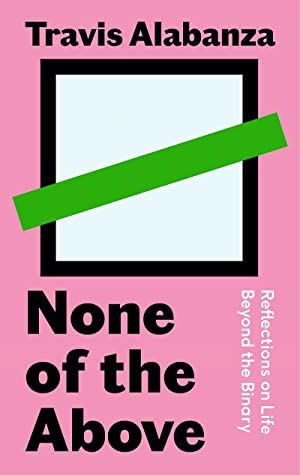
None of the Above by Travis Alabanza (2023 Jhalak Prize)
This is one of my favorite books of the year so far and I’m not going to stop shouting about it until everyone has read it! Alabanza is a trans writer and performer based in the UK. This memoir is structured around seven phrases — some deeply transphobic and painful, and some affirming — that have been spoken to them throughout their life. They use these phrases as jumping-off points to reflect on their life as a visibly femme and nonbinary person, the complicated intersections of gender and race, the power of queer performance and community, and so much more.
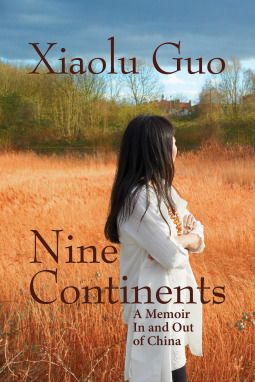
Nine Continents: A Memoir In and Out of China by Xiaolu Guo (2017 National Book Critics Circle Award for Memoir and Autobiography)
In this personal memoir, Chinese novelist Xiaolu Guo shares with readers the many journeys that have defined her life. She recounts her childhood with her grandparents in a small village on the coast, the years she spent in Beijing, and her eventual choice to immigrate to Europe. She paints a complicated portrait of China in the 1980s and 1990s, and offers a powerful reflection on her own coming of age as an artist, writer, and woman.
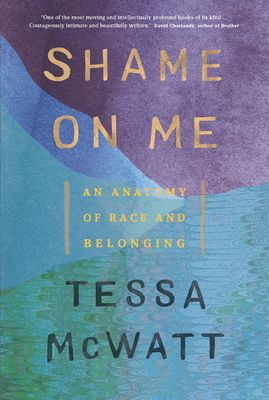
Shame on Me by Tessa McWatt (2020 OCM Bocas Prize for Caribbean Literature for Nonfiction)
Tessa McWatt, like so many mixed-raced people, has been plagued by intrusive questions about her identity since she was a child. In this memoir, she rejects the simplistic and racist question “what are you?” and instead turns to her body and personal history to ask (and sometimes answer) her own questions about race, color, geography, and identity. She traces her family’s history through China, the Caribbean, India, Europe, and Canada, untangling the many complicated threads that make up her story.
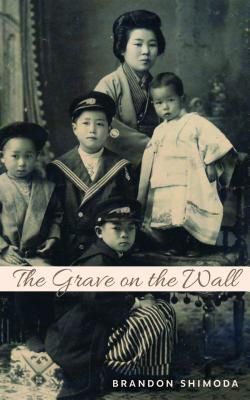
The Grave on the Wall by Brandon Shimoda (2020 PEN Open Book Award)
I’m always keen to read memoirs by poets, and this gorgeous work by Brandon Shimoda illustrates why. It’s a poetic, multimedia ode to his Japanese grandfather, an exploration of 20th Japanese American history, and a meditation on memory. Shimoda’s grandfather, a Japanese immigrant who was interred during WWII, died when Shimoda was young. In an attempt to learn more about him, Shimoda travels from the U.S. to Japan and back. This is a moving family portrait and a powerful indictment of U.S. imperialism.
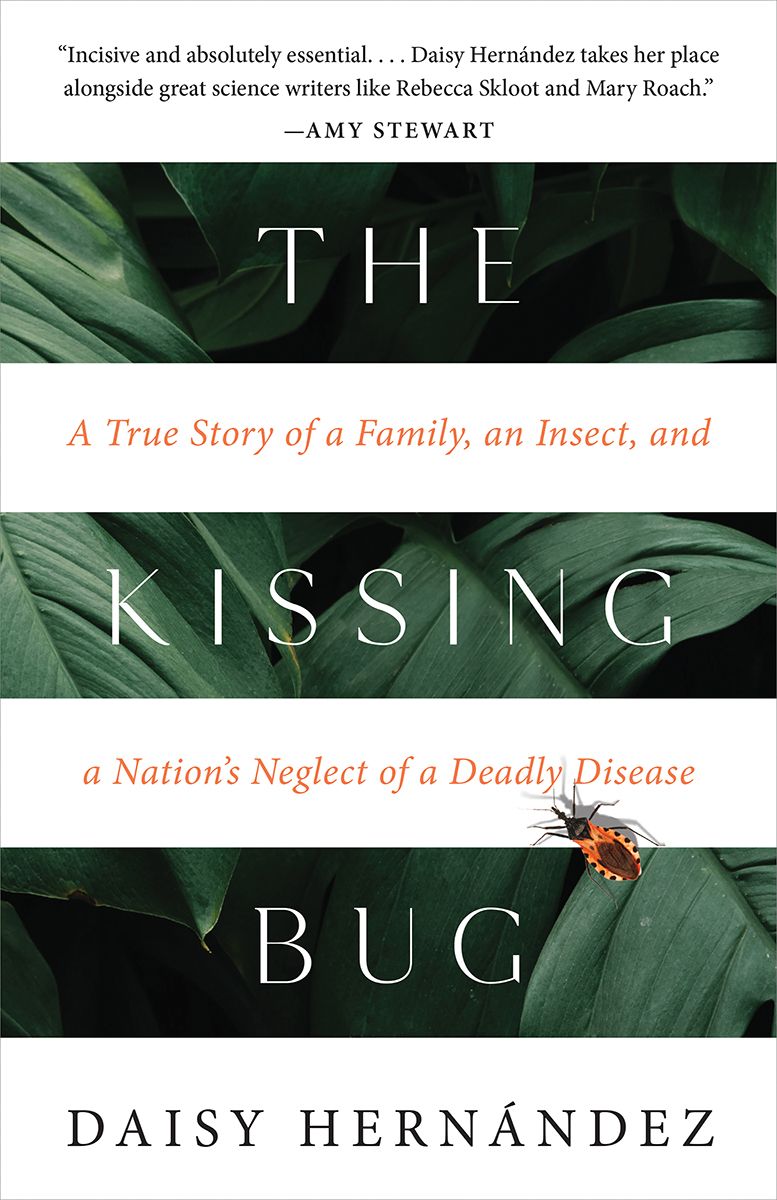
The Kissing Bug by Daisy Hernández (2022 PEN/Jean Stein Book Award
In this brilliant blend of memoir, science writing, and journalism, Daisy Hernández delves into the history and politics of Chagas, an infectious disease transmitted by insects. Her aunt died of the illness when she was a child, but her family never talked about it. As an adult, Hernández is determined to find out why — why is this disease unknown to so many Americans, while other diseases get heaps of attention and funding for research? In sharing her own family’s history with Chagas, she illuminates the systemic issues — medical racism, poverty, poor public health policy — that have kept it hidden for so long.
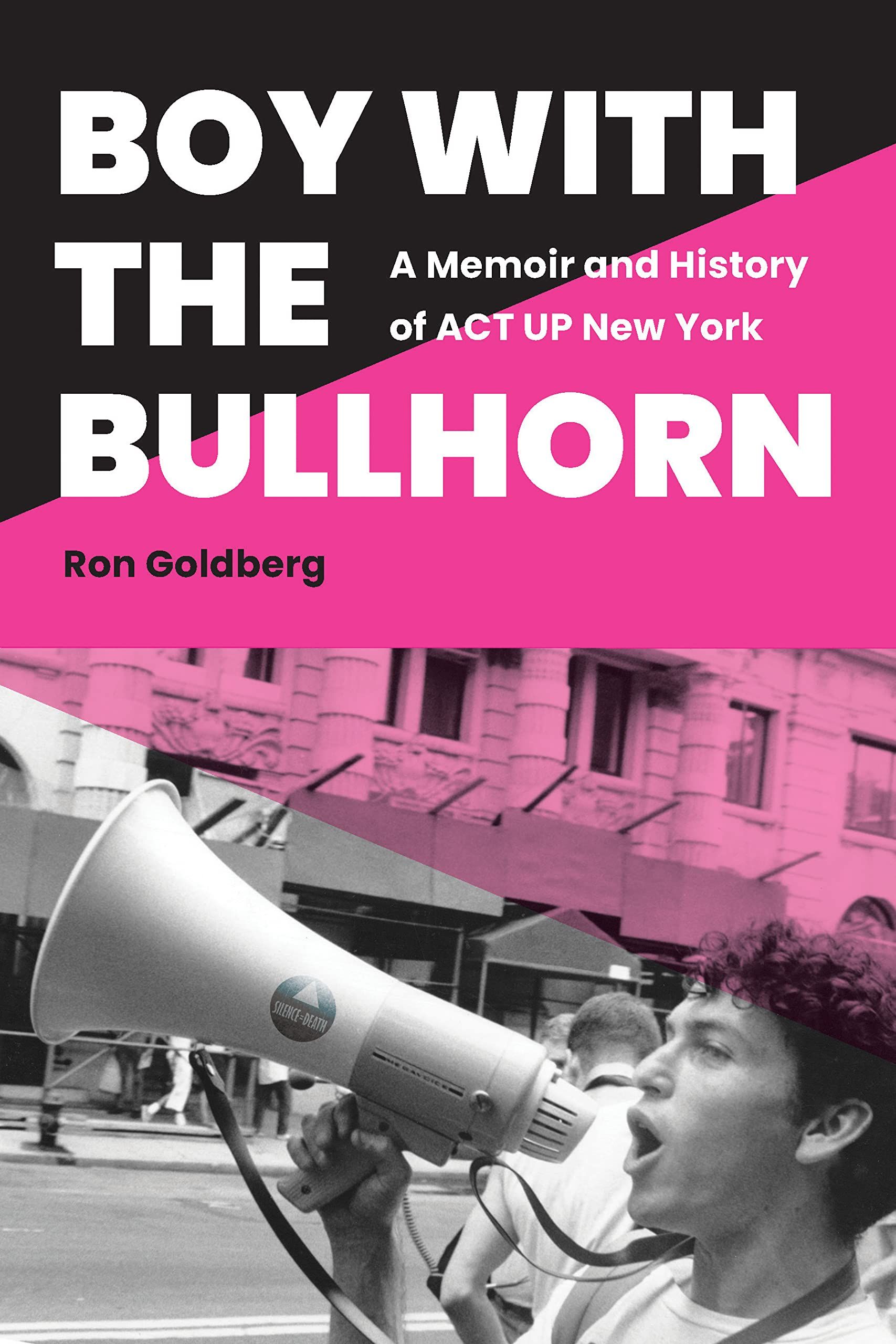
Boy with the Bullhorn by Ron Goldberg (2023 Randy Shilts Award)
Several books about ACT UP have come out in recent years, from Sarah Schulman’s massive oral history Let the Record Show to Rasheed Newson’s historical novel My Government Means to Kill Me. As far as I’m concerned, there’s no such thing as too many — the work ACT UP was doing in the 1980s and 1990s was radical and revolutionary and is still a powerful model for activists today. In this memoir, Ron Goldberg, an active member of ACT UP in the late 1980s and 1990s, shares his stories of being a gay activist during the AIDS epidemic in New York, recounting the many protests, meetings, and other ACT UP events he led and attended.
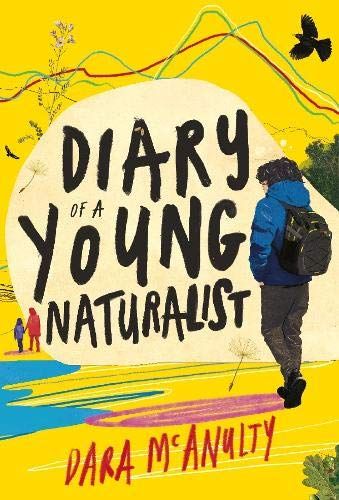
Diary of a Young Naturalist by Dara McAnulty (2021 British Book Award for Narrative Nonfiction)
Through a series of diary entries, 15-year-old Dara McAnulty chronicles the changing of the seasons over the course of a year in his Northern Ireland home. Interspersed with observations of the natural world, he shares his experiences as an autistic teenager and reflects on his burgeoning environmental activism. This is a beautifully moving memoir about a teenager’s deep connection with nature.
If you’re in the mood for more award-winning but under-the-radar books, we’ve got you covered! Check out these award-winning nonfiction, fantasy, and queer books you’ve probably never heard of!
